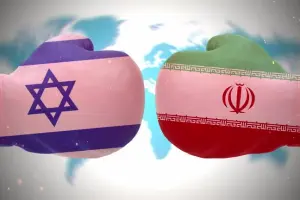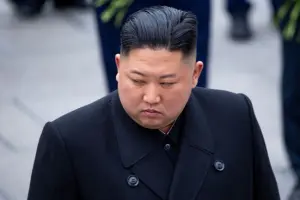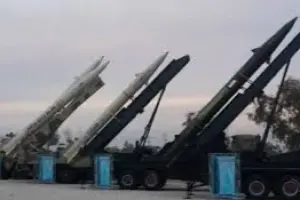In a statement that shocked the international community, former US President Donald Trump confirmed that US military forces destroyed three major Iranian nuclear facilities—including Natanz and Fordow—calling it a move of “total annihilation.” This step was described as direct support for Israel aimed at disabling Iran's nuclear program, which has long been a concern for the global community.
In response to these attacks, Iran launched dozens of ballistic missiles targeting various strategic sites in Israel. One of the largest strikes occurred in the city of Beersheba, where the Soroka Medical Center was severely damaged. Several civilians were reported injured, raising fears of escalating non-military casualties in both countries.
Meanwhile, Israel intensified its offensive through Operation Rising Lion, deploying over 200 fighter jets to hit more than 100 targets across Iran, including military bases and nuclear research centers. Intelligence reports suggest Mossad was also involved in sabotage operations and drone strikes as part of a broader hybrid warfare strategy.
This situation has sparked global concern. United Nations Secretary-General António Guterres urged both parties to immediately halt the escalation. “The world cannot allow this conflict to spiral into a regional war or beyond,” he stated during an emergency UN Security Council session.
Beyond military consequences, economic effects are already being felt. Oil prices soared dramatically, while global stock markets came under pressure. The geopolitical uncertainty threatens stability in the Middle East and poses risks to international trade routes.
Several countries, including the United Kingdom and Germany, have called for all parties to return to the negotiating table. However, as of this report, there are no signs of de-escalation from either side, with the international community anxiously monitoring developments.











Responses